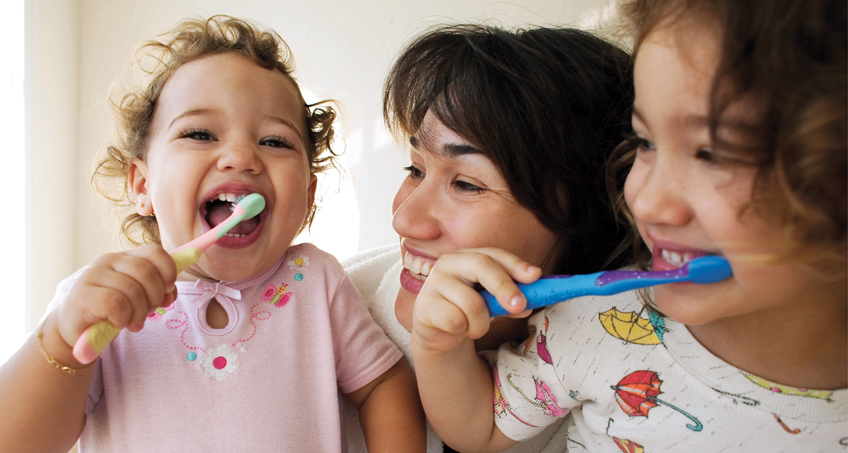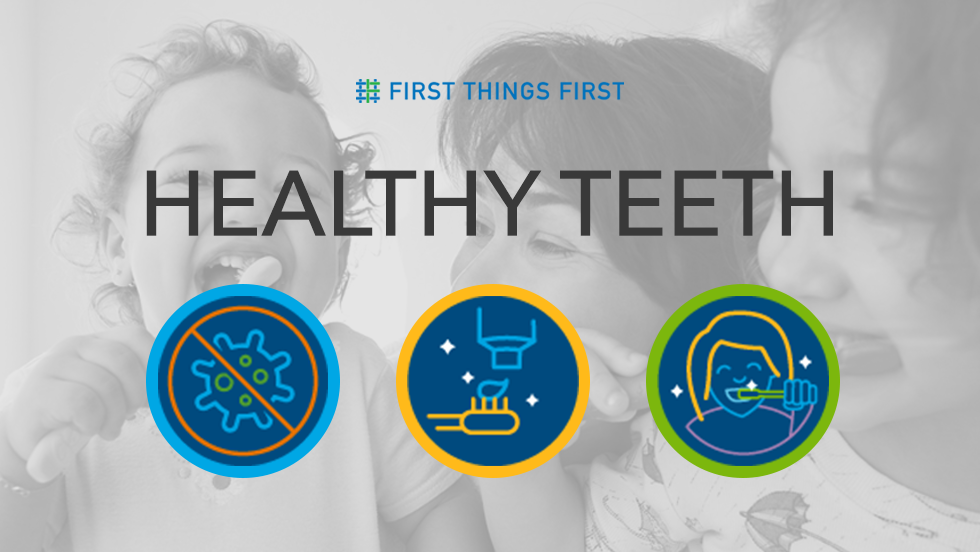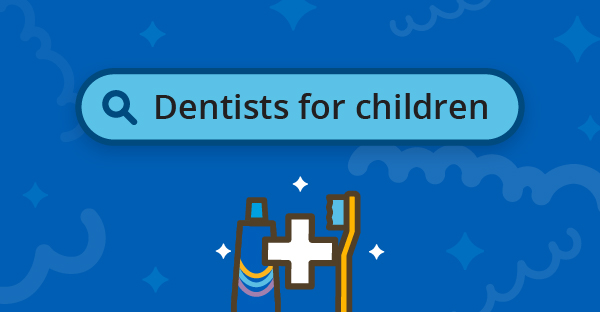
When you’re pregnant, your health affects your baby’s health.
Just like eating right, taking vitamins and seeing your doctor while you’re pregnant, it’s important to take care of your oral health, too.
Problems with your teeth and gums can be worse during pregnancy.
And they could harm your baby. Your baby could be born too early (pre-term) or too small, and that can affect your baby’s health and development. Gum disease is caused by germs in your mouth. Signs include red, sore and bleeding gums, but you may have no symptoms.
To prevent these problems:
1) Keep your teeth and gums healthy while you’re pregnant.
- Brush your teeth twice a day with fluoride toothpaste.

- Floss your teeth every day.
- Drink plenty of water.
- If you have morning sickness, rinse your mouth using a teaspoon of baking soda in a cup of water after you get sick.
- Eat more healthy snacks and avoid junk food and candy.
- Avoid drinking soda and other sugary drinks.
- Don’t use tobacco products.
2) See a dentist. It’s important, and it’s safe.
 Having your teeth checked and cleaned twice a year helps cut down on germs in your mouth. Dental care during pregnancy — including x-rays — is safe for you and your baby. And AHCCCS-eligible pregnant women under 21 have dental coverage.
Having your teeth checked and cleaned twice a year helps cut down on germs in your mouth. Dental care during pregnancy — including x-rays — is safe for you and your baby. And AHCCCS-eligible pregnant women under 21 have dental coverage.
If you need help finding a dentist:
- Ask your doctor or healthcare provider for a referral.
- You can also ask at Head Start or WIC.
- Call AHCCCS at 1-855-432-7587 to discuss your emergency dental coverage.
- For more information, visit azdhs.gov.
Don’t share germs after your baby is born.
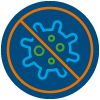
Your baby is born with 20 little teeth growing under their gums and no germs in their mouth. But germs are easily passed from your mouth to your baby — like when you share spoons, food or lick their pacifier — and that can lead to cavities in your baby’s mouth. So do your best to not put things from your mouth into your baby’s. And taking care of your own teeth and gums — by brushing, flossing and visiting the dentist regularly — will cut down on germs in your mouth, leaving fewer to pass on to your child.
The information on this page was developed through the partnership of:
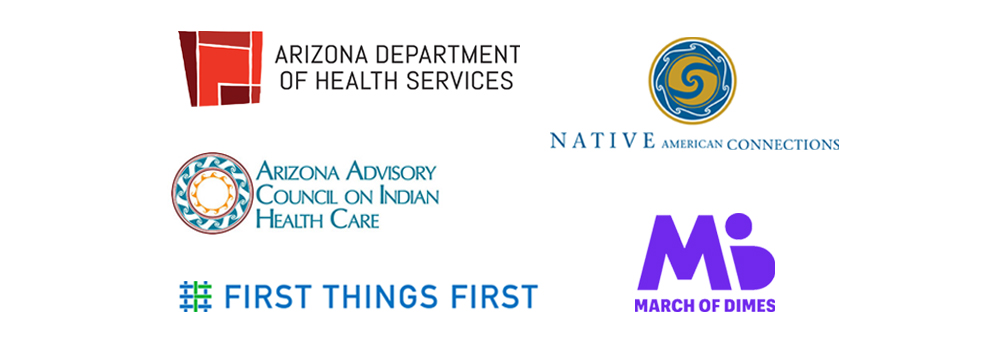
ARIZONA DEPARTMENT OF HEALTH SERVICES | ARIZONA ADVISORY COUNCIL ON INDIAN HEALTH CARE
FIRST THINGS FIRST | MARCH OF DIMES AZ | NATIVE AMERICAN CONNECTIONS



